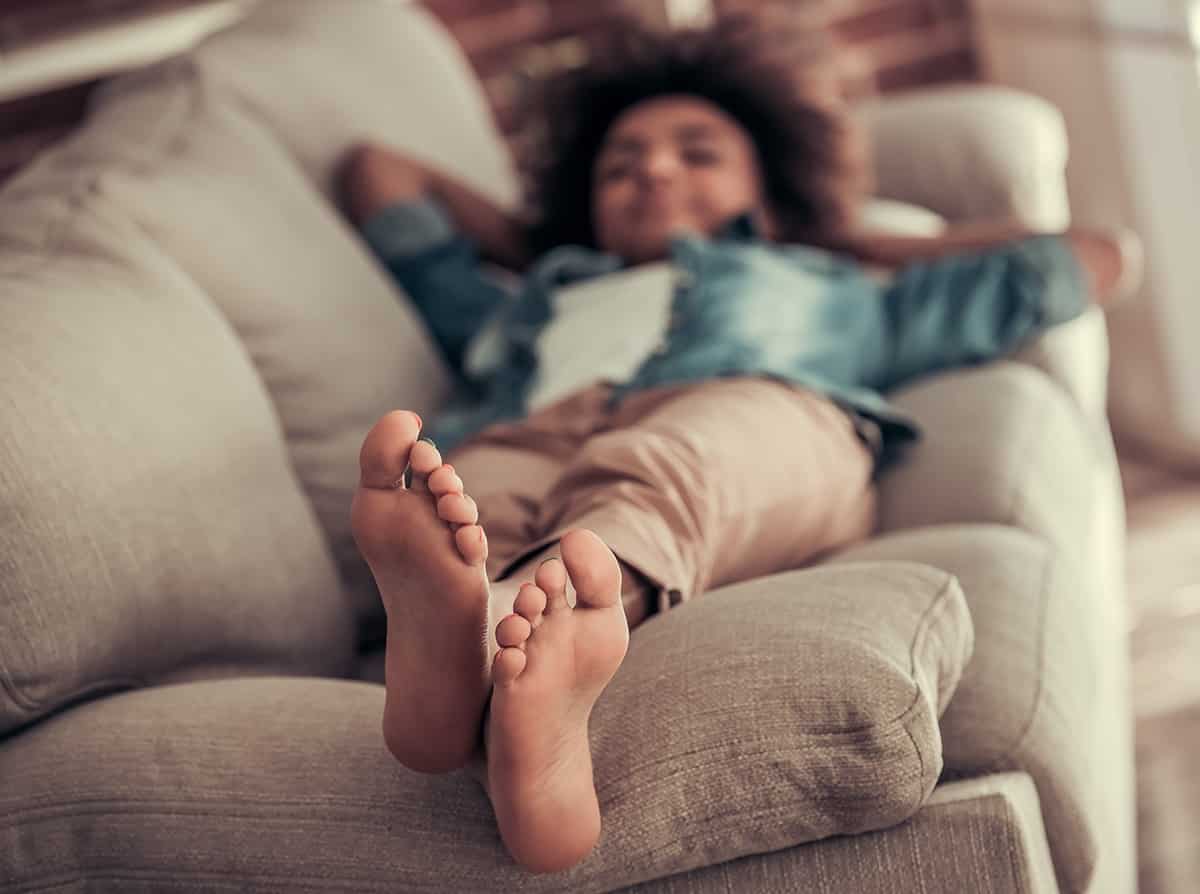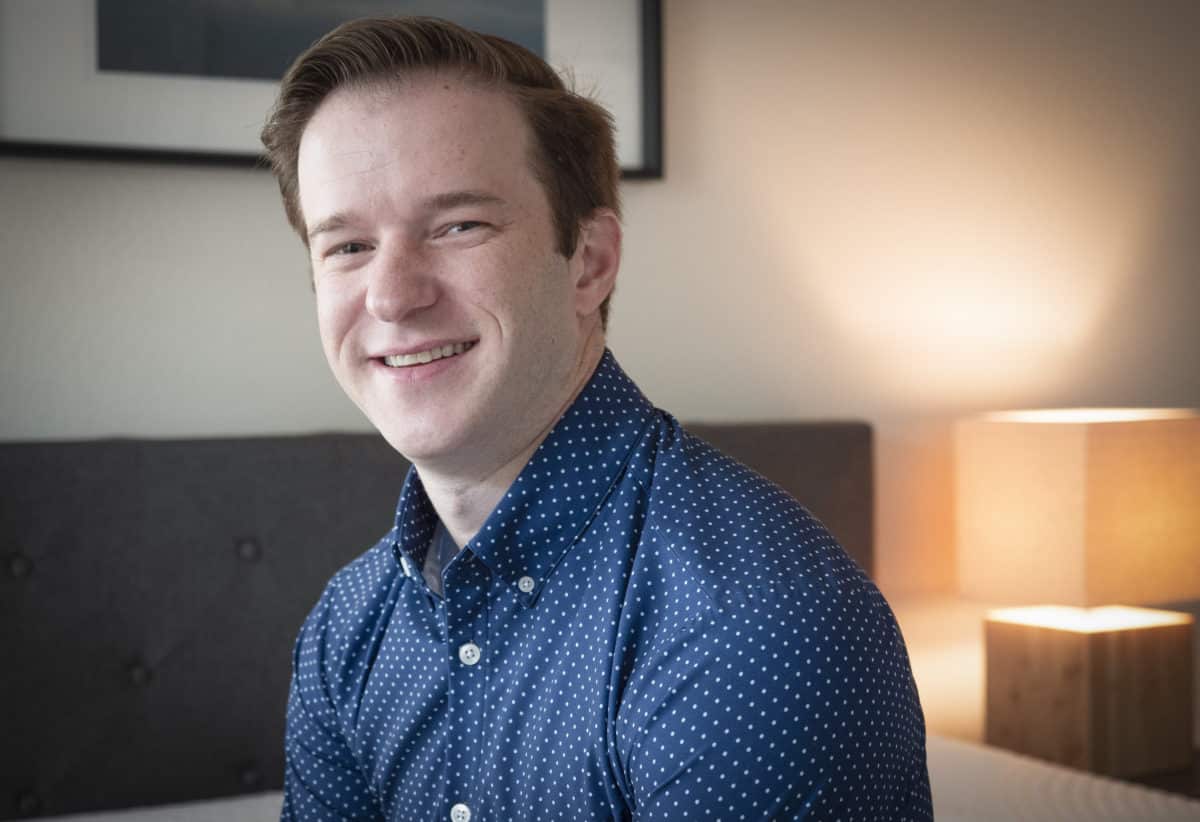Generally speaking, it’s not a good idea to stay up all night. We all need adequate sleep to function properly in day-to-day tasks, and sleep deprivation can be dangerous. For example, sleep-deprived people shouldn’t drive because a lack of sleep causes slower reaction times and poorer decision-making.
But unfortunately, sometimes pulling an all-nighter and struggling through the next day is the only option. If you’ve reached that point, here are a few tips to make the process as painless as possible.
If you can, take a nap ahead of time.
You can either take a nap before the all-nighter to give yourself some energy, or you can take a brief nap (20-30 minutes) at some point during the night. A little bit of sleep is better than none at all.
Make the room as bright as possible.
If you typically sleep in a dark room — which you should! — having a lot of lights on will make it difficult for you to feel sleepy. Plus, you know how looking at the blue light emitted by electronics can suppress melatonin release, making it harder for you to get tired? Pulling an all-nighter is one of the very few times when this could actually be beneficial.
Stay away from sugar.
“Eating candy to stay awake is not sustained energy,” Tamara Melton, R.D.N., a spokesperson for the Academy of Nutrition and Dietetics, told Greatist. “It’s a simple sugar that will spike your energy levels up and then drop you down.” Instead, snack on protein-rich foods, and eat small amounts throughout the night rather than one large meal. Trying to digest a single, carb-heavy meal could also cause your energy to crash.
Hydration is key.
Drink as much water as you can — research suggests that staying hydrated will improve your focus and keep you alert. “Staying hydrated can help your brain work better when you need to survive on less sleep,” Sammy Margo, sleep expert and author of The Good Sleep Guide, told Livingly.
Try to power through the next day.
As tempting as it may be to crash after an all-nighter and sleep for hours throughout the day, that will just set you up for more sleep issues going forward. If at all possible, take a nap in the morning, then stick to your regular schedule and go to bed as close to your normal bedtime as you can manage.
Evaluate your energy levels during the day to make sure you have enough energy for the tasks you need to complete and don’t push yourself – if you feel too tired to drive, or need to take a step back before making an important decision, that’s okay.
[Editor’s Note: The information provided should not be considered a substitute for professional advice. Please consult a sleep doctor or other medical expert if you have questions related to your own health.]
Featured images: Naraoneill/Shutterstock


